Embarking on the journey of purchasing your first home is a significant milestone, often perceived as daunting. However, the landscape of this journey has been positively altered by the first-time home buyer programs available in Michigan. These programs are meticulously designed to alleviate the financial challenges commonly faced by first-time buyers. They play a crucial role in transforming the process of transitioning from renting to owning a home in Metro Detroit from an intimidating prospect into an attainable and rewarding achievement.
For individuals and families living in Metro Detroit, these programs not only make homeownership more accessible but also bring a host of long-term benefits. These include the advantage of tax breaks, the financial growth associated with building equity, and the stability and security of owning a property. The comprehensive support provided by these first-time home buyer programs is instrumental in turning the dream of owning a home into a feasible and realistic goal, offering a solid foundation for personal and financial growth in the vibrant communities of Metro Detroit.

Federal First-Time Homebuyer Programs
When exploring homebuying options, it's essential for potential buyers, especially those in Michigan, to consider a range of mortgage programs available at both the federal and state levels. Initially, it's beneficial to delve into the various national homebuying programs offered through the federal government. These programs provide a spectrum of opportunities and support that can be crucial in making an informed decision about mortgages. It's important for prospective homeowners to thoroughly evaluate all available options, ensuring they choose a program that best aligns with their specific needs and circumstances. This comprehensive approach to mortgage exploration is key to finding the most suitable and advantageous path to homeownership.
FH Loan
The Federal Housing Administration (FHA) Loan program, backed by the U.S. Federal Housing Administration, is a favored choice among first-time homebuyers. It's designed to facilitate homeownership for individuals with lower credit scores and limited savings, with the assistance of third-party lenders.
How it works:
- FHA loans are known for requiring a lower down payment compared to many conventional loans.
- The amount of the down payment is contingent on the applicant's credit score.
- A credit score of at least 580 qualifies the borrower for a down payment of just 3.5% of the home's price.
- For those with credit scores ranging from 500 to 579, a higher down payment of 10% of the home's price is required.
Pros:
- The low down payment requirement is a significant advantage, particularly for first-time buyers, making homeownership more financially accessible.
- The program's lower credit score requirements offer a pathway to homeownership that is often less stringent than many conventional loan options.
Cons:
- Applicants with lower credit scores (between 500 and 579) face the challenge of a larger required down payment.
- FHA loans may be associated with higher insurance premiums compared to some conventional loan options.
Eligibility Qualifications:
- A minimum FICO® credit score of 580 is needed to qualify for the 3.5% down payment option.
- For a down payment of 10%, a FICO® credit score in the range of 500 to 579 is required.
Best Suited For:
- Individuals who do not have a strong credit history and might struggle to qualify for conventional loans.
- First-time homebuyers who have limited savings and are looking for an accessible entry point into the housing market.
- Those who find the financial requirements of conventional loans challenging and need a more accommodating option.
The FHA Loan program stands out as particularly beneficial for those stepping into the housing market for the first time. It offers a more achievable route to homeownership through its manageable down payment and credit score requirements, thus broadening the scope of who can realistically consider buying a home.
VA Loans
The VA Loan program, backed by the Department of Veterans Affairs, is a beneficial option for veterans and their families. It's designed to facilitate homeownership by offering loans through third-party lenders, specifically catering to the needs of those who have served in the military.
How it works:
- VA loans are unique in that they require no down payment, significantly easing the financial burden on the borrower.
- There is no minimum credit score set by the VA, but lenders typically prefer a score of at least 580, with some requiring up to 660.
- A VA funding fee is required, ranging from 1.4% to 3.6% of the home's value, depending on various factors.
Pros:
- No down payment is needed, making homeownership more accessible for veterans.
- There is no requirement for private mortgage insurance (PMI), reducing monthly expenses.
- Typically, VA loans come with lower closing costs compared to other mortgage types.
Cons:
- The application process can be more extended and complex than other loan types.
- Payment of a VA funding fee is mandatory, adding to the overall cost of the loan.
Eligibility Qualifications:
- Eligibility is extended to current or former military members, their spouses, and other designated beneficiaries.
- While the VA doesn't set a credit score minimum, lender preferences usually range from 580 to 660.
Best Suited For:
- Veterans with low to moderate income and limited savings.
- Those who may struggle to meet the financial requirements for a conventional loan.
The VA Loan program is particularly advantageous for veterans stepping into the housing market, offering a path to homeownership with minimal upfront financial requirements. The elimination of a down payment and PMI, along with generally lower closing costs, makes it an attractive option for those who have served in the military, acknowledging their service and providing a tangible benefit in return.
USDA Loans
The USDA Loan, formally known as the "Section 502 Single Family Housing Guaranteed Loan Program," is a mortgage option facilitated by the United States Department of Agriculture. This program is specifically tailored to encourage homeownership in rural and semi-rural areas across the U.S.
How it works:
- USDA loans are notable for not requiring any down payment, provided the applicant has a decent credit score.
- For those with lower credit scores, a down payment of around 10% may be necessary.
- The program is designed to cater to areas that are classified as rural or semi-rural, promoting development in these regions.
Pros:
- No down payment is required for applicants with acceptable credit scores, making homeownership more accessible.
- The program has a relatively low credit score requirement, broadening its appeal to a wider range of potential homebuyers.
Cons:
- USDA loans are geographically restricted and only available in select rural and semi-rural areas.
Eligibility Qualifications:
- Applicants must have an adjusted household income that does not exceed 115% of the median income for the area.
- The home being purchased must be located in a USDA-qualified area.
Best Suited For:
- Ideal for low- to moderate-income homebuyers who are interested in living in rural or semi-rural locations.
- Those who are looking for an affordable path to homeownership in less urbanized areas.
The USDA Loan program is an excellent opportunity for individuals seeking to purchase homes in rural and semi-rural areas. By eliminating the need for a down payment for those with adequate credit and offering a lower threshold for credit scores, the program makes homeownership more attainable for a broader demographic. However, potential buyers must meet specific income and location criteria to qualify, aligning with the program's goal of promoting rural development.
.png)
Good Neighbor Next Door Program
The Good Neighbor Next Door Program, administered by the U.S. Department of Housing and Urban Development (HUD), offers a unique opportunity for certain public servants. Rather than a traditional loan, this program provides a substantial discount on home purchases.
How it works:
- The program offers a significant 50% discount on the list price of homes located in designated HUD Revitalization Areas.
- It can be combined with various mortgage types, including conventional, VA, or FHA loans, or participants can opt for a cash purchase.
- Homebuyers are required to make a minimal down payment, sometimes as low as $100.
Pros:
- A flat 50% discount on the home's value, significantly reducing the financial burden of purchasing a home.
- Extremely low down payment requirement, making it more accessible for eligible buyers.
Cons:
- Availability is limited to specific areas designated by HUD and to certain professionals.
- Participants must commit to using the purchased property as their primary residence for a minimum of three years
Eligibility Qualifications:
- Eligibility is restricted to police officers, firefighters, emergency medical technicians, and teachers.
- Applicants must agree to remain in their qualifying public service role for at least one year.
Best Suited For:
- Public servants, such as police officers, firefighters, EMTs, and teachers, who may find it challenging to save for a traditional home purchase.
- Those willing to commit to living in a HUD Revitalization Area for the required period.
The Good Neighbor Next Door Program is an exceptional initiative for public servants who lack the savings typically necessary for buying a home. By offering a 50% discount on the home's value and requiring a minimal down payment, it significantly eases the path to homeownership for eligible individuals. However, participants must be willing to commit to living in the home for at least three years and to continue in their qualifying public service job for a minimum of one year. After the three-year residency requirement, homeowners have the freedom to sell the property and retain any accrued equity and profit, making it a potentially lucrative opportunity as well.
Fannie Mae/Freddie Mac
Fannie Mae and Freddie Mac, established by the federal government in 1938 and 1970 respectively, offer a range of loan options for first-time homebuyers. These entities, known for their role in the secondary mortgage market, provide accessible mortgage options to those who may not qualify for other federal programs or afford typical down payments.
How it works:
- Both Fannie Mae and Freddie Mac offer loans that require low down payments, typically as low as 3%.
- These programs are designed to accommodate borrowers with lower credit scores.
- A variety of loan styles are available, including fixed-rate and adjustable-rate mortgages.
Pros:
- Low down payment requirements make these loans accessible for many buyers.
- Lower credit score requirements compared to many conventional loans.
- A diverse selection of loan types caters to different financial situations and preferences
Cons:
- Interest rates may be higher than those offered by other federal homebuyer programs.
Eligibility Qualifications:
- In certain areas, there are no specific income requirements to qualify for these loans.
Best Suited For:
- Individuals who struggle to afford a standard down payment.
- Those who may not qualify for other federal homebuyer assistance programs.
The HomeReady® loan from Fannie Mae is particularly appealing for those who haven't saved enough for a standard down payment. It requires a minimum FICO® credit score of 620 and is geared towards borrowers with incomes at or near the U.S. median. This loan includes a requirement for private mortgage insurance at the outset, which can be canceled after accruing 20% equity in the home.
Alternatively, Freddie Mac's Home Possible® mortgages offer similar benefits, with a low down payment of 3% and various term options ranging from 15 to 30 years, including several adjustable-rate structures. These loans also feature cancelable private mortgage insurance. A notable advantage of the Home Possible® program is its flexibility regarding credit history, making it an accessible option for those with limited or no credit.
Both Fannie Mae and Freddie Mac programs provide viable paths to homeownership for those who might otherwise find it challenging to enter the housing market, offering flexibility in terms of down payments, credit requirements, and loan terms.
Native American Direct Loan Program (NADL)
The Native American Direct Loan (NADL) program, backed by the Department of Veteran Affairs, is tailored specifically for Native American veterans. This program offers several benefits designed to make homeownership more accessible and affordable for eligible individuals.
How it works:
- NADL provides a mortgage with a 0% down payment requirement, significantly easing the initial financial burden of purchasing a home.
- The program offers a fixed interest rate, which, although subject to market changes, starts at a competitive rate (currently around 6%).
- It features low credit score requirements, making it accessible to a broader range of applicants.
- NADLs do not require the purchase of private mortgage insurance, a common expense in many other loan types.
- The program is known for its lower closing costs compared to standard mortgage options.
Pros:
- No down payment needed, offering substantial financial relief to homebuyers.
- Low credit requirement, widening the pool of eligible applicants.
- Exemption from private mortgage insurance, reducing monthly housing costs.
- Reduced closing costs, further lowering the financial barriers to homeownership.
Cons:
- The program is geographically limited and only available to select individuals, specifically Native American veterans.
Eligibility Qualifications:
- The home must be located on allotted lands, Alaska Native corporations, Pacific Island territories, or federally recognized trust lands.
Best Suited For:
- Native American veterans who may not have significant savings and are open to living in specific areas designated by the program.
The NADL program stands out for its exceptional benefits, such as no down payment and low closing costs, tailored to support Native American veterans in achieving homeownership. Its low credit requirements and the absence of private mortgage insurance make it a particularly attractive option for those who might face challenges securing traditional financing. However, its specific geographic and eligibility criteria mean that it caters to a niche market, focusing on aiding a particular community in their pursuit of owning a home.
State First-Time Homebuyer Programs
Michigan State Housing Development Authority's Homeownership Division offers an array of programs designed to assist first-time homebuyers in acquiring their initial residence. These programs include loans with minimal down payments, some as low as 3%, and the possibility of down payment assistance up to $7,500. This financial support can be applied to a range of loan types, including conventional, FHA, VA, and USDA loans, allowing buyers to tailor their financing to their specific needs.
Eligibility for these programs requires applicants to have a FICO® credit score of at least 640 and maintain a debt-to-income ratio below 45%. The income limits for qualification vary depending on the location, and as of 2019, the price limit for eligible properties is set at $224,500. Additionally, borrowers must have at least 1% of the loan amount available in funds at the time of the home purchase. These programs are structured to make homeownership more accessible and affordable for first-time buyers, providing them with valuable financial options in their journey to owning a home.
.png)
MI Home Loan Program
The MI Home Loan program, tailored for first-time homebuyers in Michigan, offers 30-year fixed-rate mortgages through participating lenders. This program is particularly advantageous due to its lower interest rates, made possible by a bond program that subsidizes it.
How it works:
- Provides 30-year fixed-rate mortgages with interest rates lower than many market offerings.
- Can be combined with the Michigan Down Payment Assistance loan, offering up to $7,500 to cover upfront homeownership costs.
Pros:
- Low interest rates, reducing the overall cost of the mortgage.
- Eligibility for additional down payment assistance, easing the initial financial burden of purchasing a home.
Cons:
- Stringent eligibility requirements that apply to all adult occupants of the home.
Eligibility Qualifications:
- Income limits vary based on the location of the home and the size of the family.
- The purchase price of the home must be under $224,500.
- A minimum FICO® credit score of 640 is required (660 for multiple-section manufactured homes).
- The debt-to-income ratio must be under 45%.
Best Suited For:
- Low- to moderate-income earners who may find typical monthly mortgage payments challenging.
The MI Home Loan program is designed to support first-time homebuyers who fall into the low to moderate-income bracket. With its combination of low interest rates and potential down payment assistance, it offers a more accessible path to homeownership. The requirement for a credit score of at least 640 (or 660 for certain homes) and specific income and debt-to-income ratios ensure that the program targets those who are most in need of financial assistance. However, the stipulation that all adult residents must meet these eligibility criteria is a unique aspect of this program and should be carefully considered by potential applicants.
MI Home Loan Flex Program
The MI Home Loan Flex program offers 30-year fixed-rate mortgages through participating lenders, designed to provide greater flexibility compared to the standard MI Home Loan program. This program is tailored to assist low- to moderate-income earners in Michigan with more adaptable requirements.
How it works:
- Features 30-year fixed-rate mortgages, with a focus on flexibility in eligibility criteria.
- Allows for the combination with the Michigan Down Payment Assistance grant, offering up to $7,500 for initial homeownership costs.
Pros:
- Low interest rates, though slightly higher than the standard MI Home Loan due to the absence of state bond program subsidies.
- Flexibility in income requirements, which do not extend to every adult in the household.
- Collections and judgments do not necessarily need to be cleared prior to application
Cons:
- Restrictions on the types of homes that can be purchased, particularly regarding manufactured homes.
- A requirement for homebuyer education if borrowing more than 95% of the home’s value.
Eligibility Qualifications:
- Income limits are dependent on the home's location and family size, similar to the standard MI Home Loan.
- The home's purchase price must be under $224,500.
- A minimum FICO® credit score of 660 is required.
- The debt-to-income ratio must be below 45%.
Best Suited For:
- Low- to moderate-income earners who find typical monthly mortgage payments challenging but seek more flexibility in loan terms.
The MI Home Loan Flex program stands out for its adaptability, particularly in terms of income requirements and credit considerations. While it maintains similar income and price limits as the standard MI Home Loan, it offers more leniency regarding credit history and household income assessment. However, the program does impose stricter criteria in other areas, such as a higher minimum credit score and limitations on the types of homes eligible for purchase. The requirement for homebuyer education for loans exceeding 95% of the home's value underscores the program's commitment to responsible homeownership. Despite slightly higher interest rates due to the lack of state bond subsidies, the MI Home Loan Flex remains an attractive option for those who can benefit from its unique blend of flexibility and support.
MSHDA Down Payment Assistance Program
The Michigan State Housing Development Authority (MSHDA) Down Payment Assistance program is designed to support participants of the MI Home Loan and MI Home Loan Flex programs. This initiative offers a no-interest loan to help cover the initial costs associated with purchasing a home.
How it works:
- Provides up to $7,500 to assist with upfront homeownership costs, such as down payments, closing costs, and homeowners insurance.
- The loan carries a 0% interest rate, easing the financial burden on homebuyers.
Pros:
- Offers significant financial assistance with no interest, reducing the initial financial strain of purchasing a home.
- The substantial amount of up to $7,500 can cover a significant portion of the upfront costs.
- Collections and judgments do not necessarily need to be cleared prior to application
Cons:
- The loan must be repaid when the home is sold, refinanced, or the mortgage is paid off in full.
Eligibility Qualifications:
- Applicants must secure their mortgage through an MSHDA-approved lender.
- Completion of a homeownership education class is required to qualify for the assistance.
Best Suited For:
- Ideal for individuals utilizing the MI Home Loan or MI Home Loan Flex program who need additional financial support for initial homeownership expenses.
The MSHDA Down Payment Assistance program is a valuable resource for those entering the housing market through the MI Home Loan or MI Home Loan Flex programs. While it offers substantial aid in covering initial costs, it's important for homebuyers to note that at least 1% of the total loan amount must still be provided by them as a down payment. This requirement ensures that homebuyers have a vested interest in their property, while the assistance significantly eases the upfront financial burden. The no-interest feature of the loan and its repayment terms make it a practical and appealing option for many prospective homeowners in Michigan.
.png)
Mortgage Credit Certificate (MCC) Program
The Mortgage Credit Certificate (MCC) program is a beneficial option for first-time homebuyers in Michigan, offering a way to reduce their federal tax bill.
How it works:
- The MCC program allows homeowners to claim a tax credit, which is calculated based on the mortgage amount, the mortgage interest rate, and the MCC percentage. This percentage is set by the administering Housing Finance Agency (HFA) and ranges between 10% and 50%.
- When combined with a MSHDA loan, the MCC program can lead to substantial savings for homeowners.
Pros:
- Provides a significant reduction in the federal tax bill, easing the overall financial burden for homeowners.
Cons:
- Applicants must meet specific income limits set by both the MSHDA and HUD.
Eligibility Qualifications:
- Income limits vary depending on the home's location and the size of the family.
- The purchase price of the home must be under $224,500.
Best Suited For:
- Ideal for first-time homebuyers who are challenged by managing both tax bills and mortgage payments.
The MCC program is an excellent resource for first-time homebuyers in Michigan, offering a tax credit that can make a significant difference in their annual financial obligations. To take advantage of this program, applicants must meet certain income requirements and the home's purchase price must fall below the specified limit. Prospective homebuyers are encouraged to consult with a lender from the MCC network to fully understand the program's benefits and any additional eligibility criteria. By combining the MCC with a MSHDA loan, homeowners can realize considerable savings, making the dream of homeownership more financially attainable.
Bottom Line
For those currently living in Metro Detroit or considering moving to Metro Detroit and exploring homeownership, especially first-time buyers, it is crucial to thoroughly examine all mortgage options. A range of programs provided by both federal and state governments are tailored to make owning a home more achievable. These programs are specifically designed to assist in mitigating financial challenges associated with purchasing a home. However, it is essential for potential homeowners in the Metro Detroit area to be aware that access to these programs is contingent upon meeting certain predefined requirements. Ensuring eligibility and understanding these criteria is a vital step for anyone in or moving to Metro Detroit on their path to homeownership.
Tips to Buy a Home
- Engaging a Financial Advisor: Buying a home is a significant financial commitment, regardless of the location. To navigate this complex process, consider consulting a financial advisor. They can offer crucial insights and guidance tailored to your financial situation. Locating a suitable financial advisor is a straightforward process. Services like SmartAsset’s free tool can connect you with up to three qualified financial advisors in your area. This allows you to conduct interviews at no cost and select the advisor who aligns best with your financial objectives. If you’re prepared to find an advisor to assist in reaching your financial goals, it's advisable to start this process early.
- Careful Mortgage Consideration: Qualifying for a mortgage doesn't necessarily mean you should immediately apply for one. It's important to conduct thorough research on potential lenders, compare interest rates, and understand the down payment requirements for each available option. This careful consideration ensures that you choose a mortgage that aligns with your financial capabilities and long-term goals, especially when purchasing a home in or around Metro Detroit

.68.png)



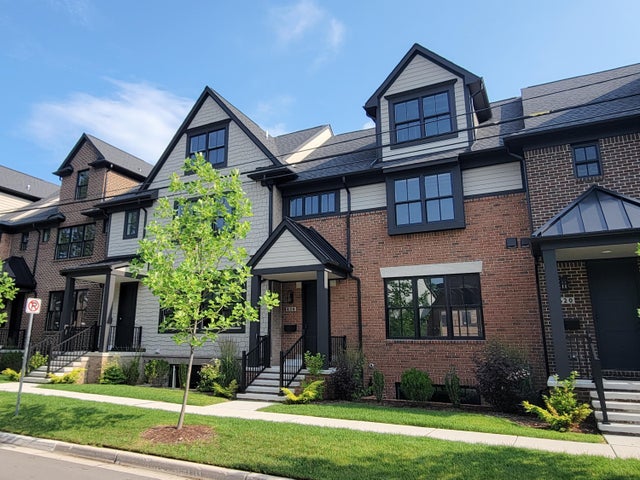
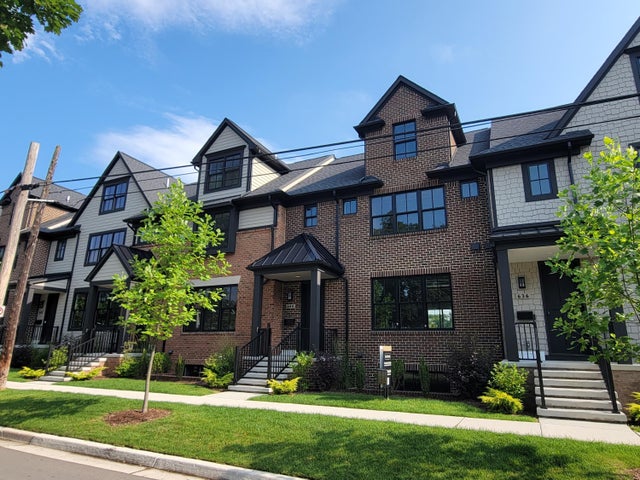
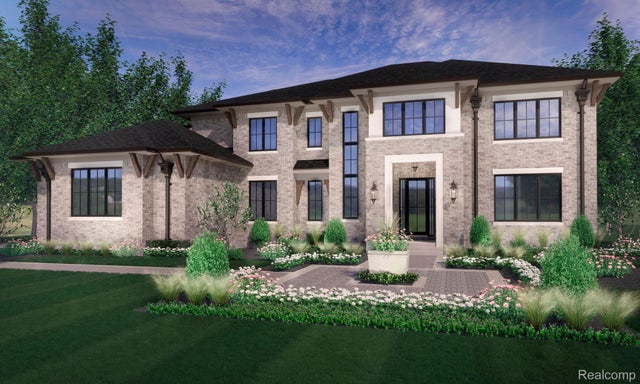
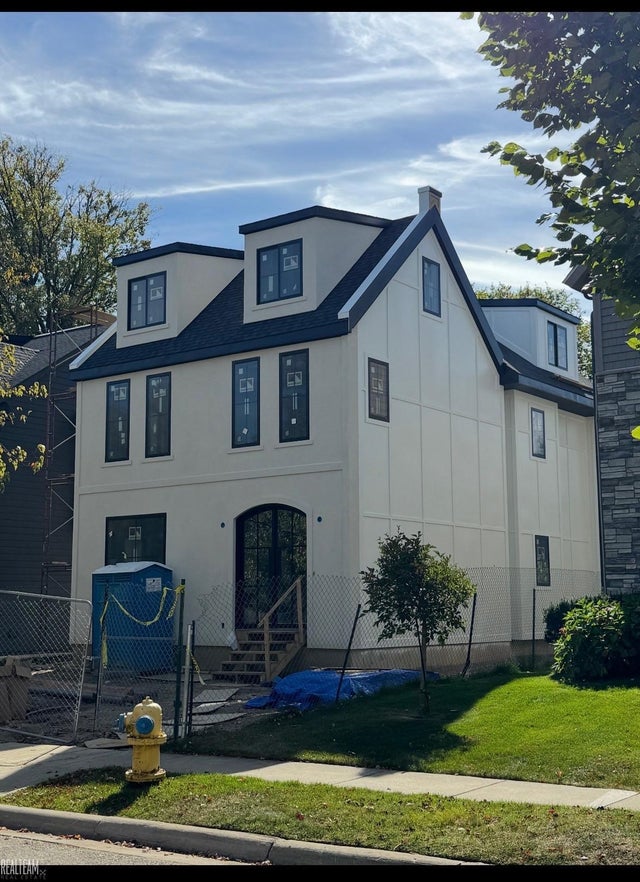
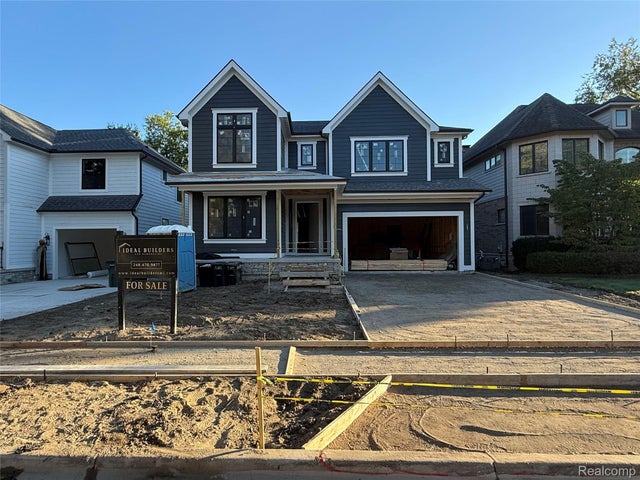
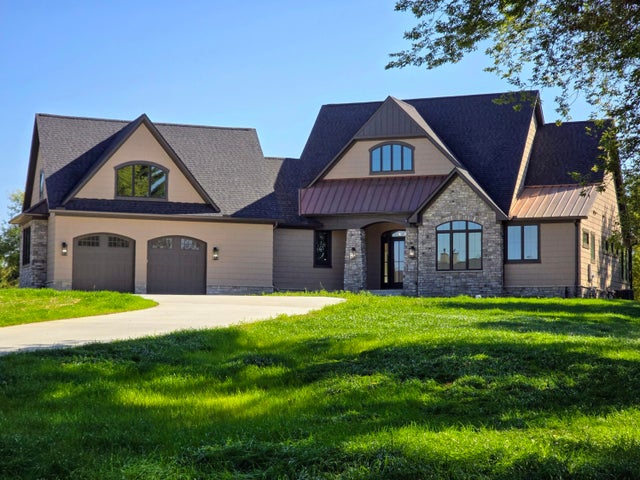
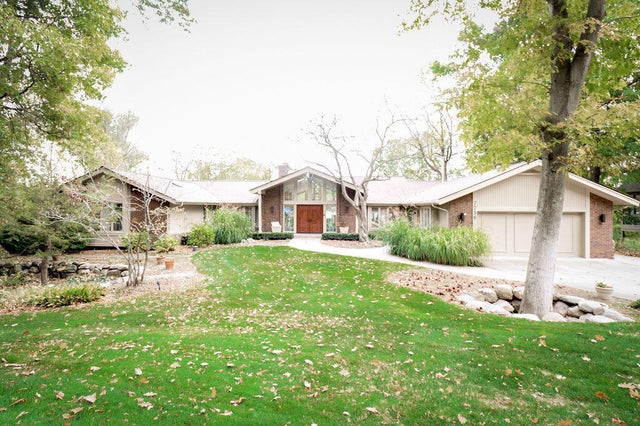
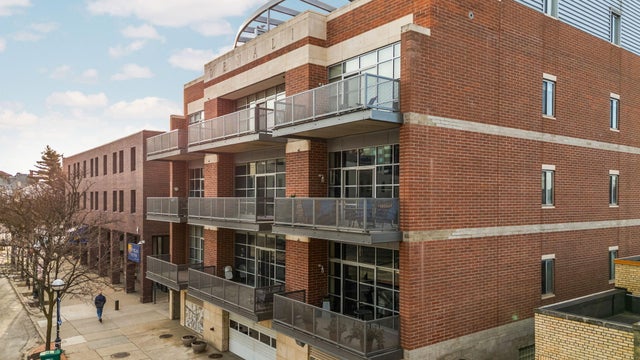
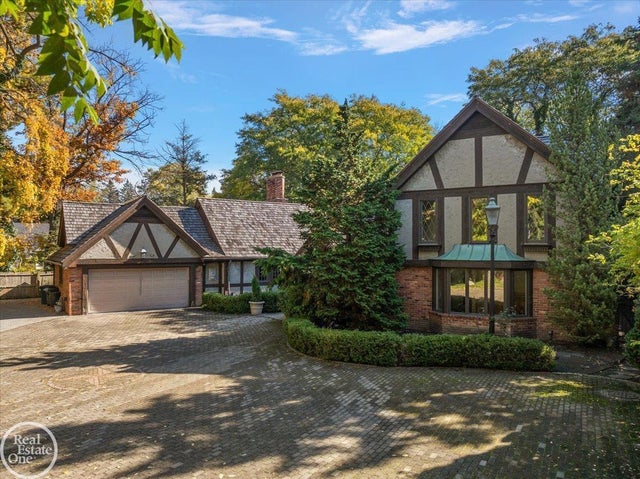
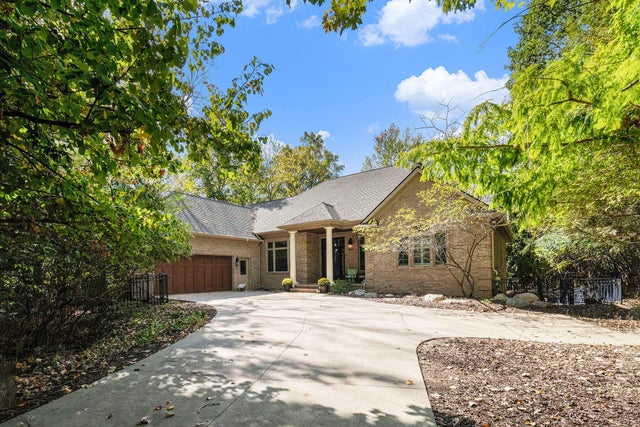
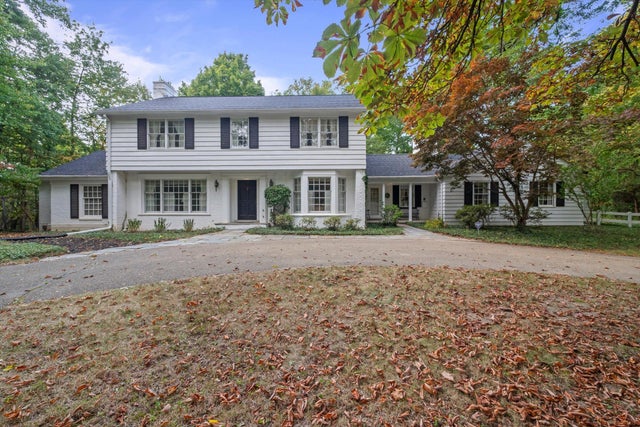
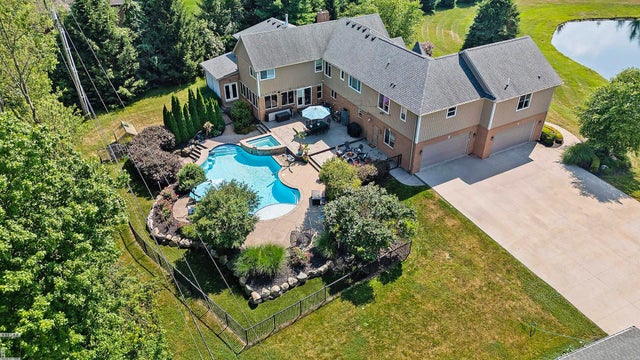
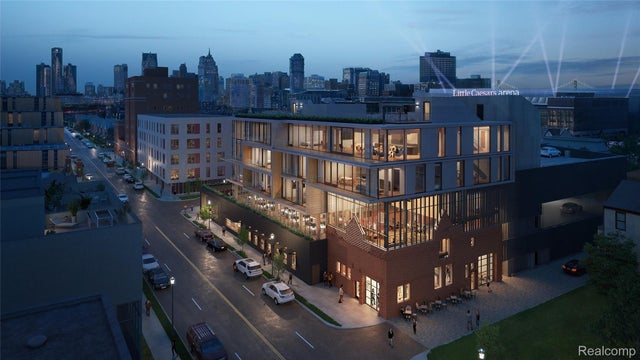
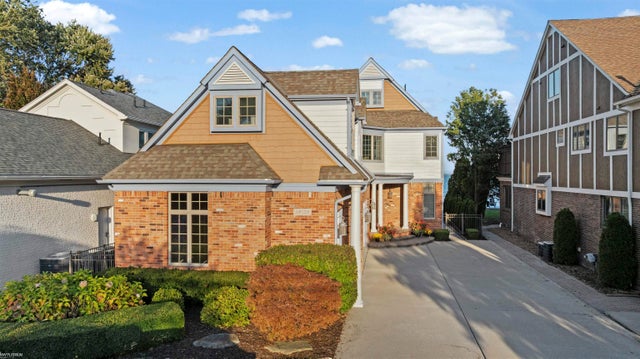
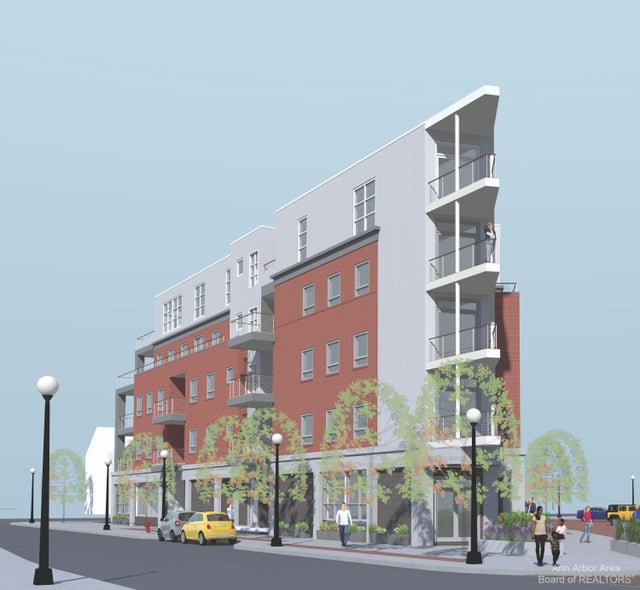
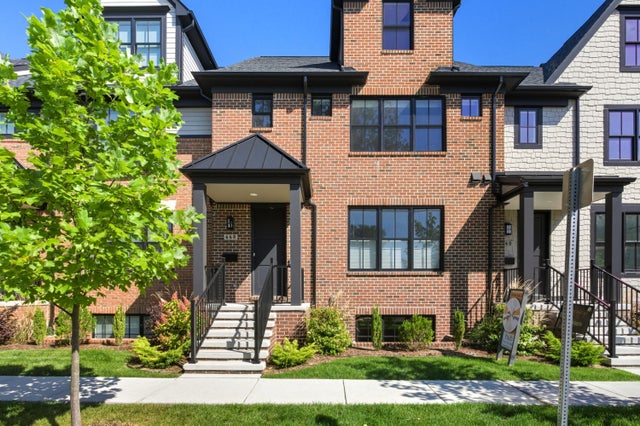
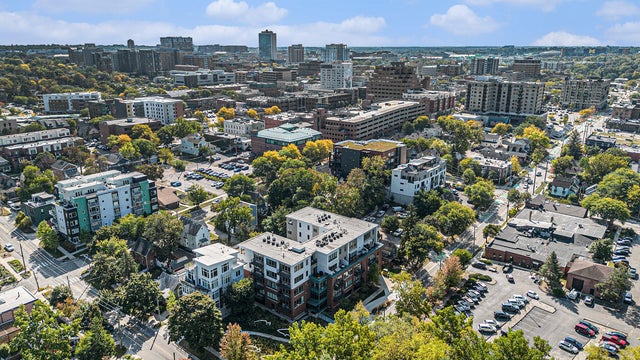
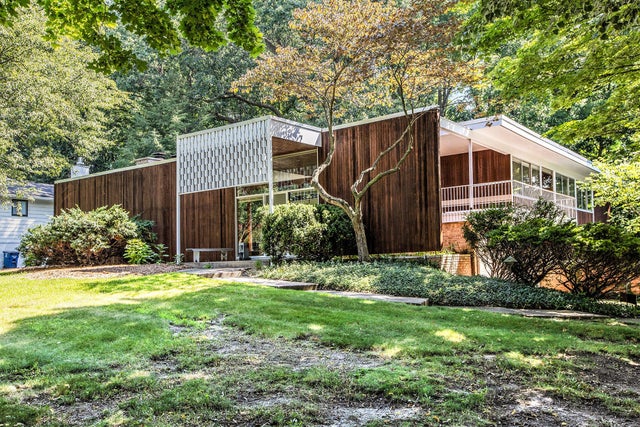
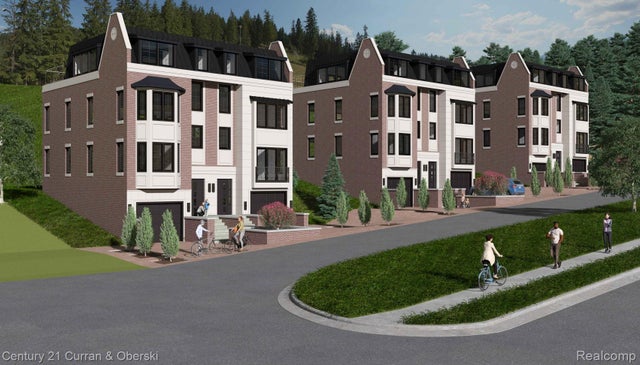
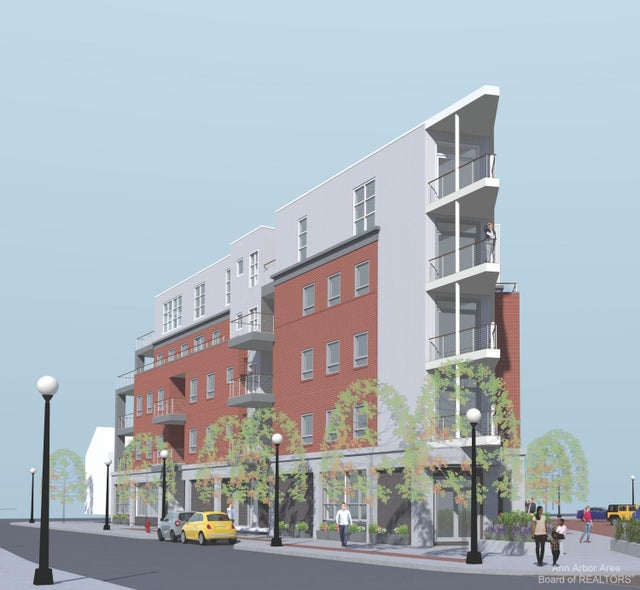

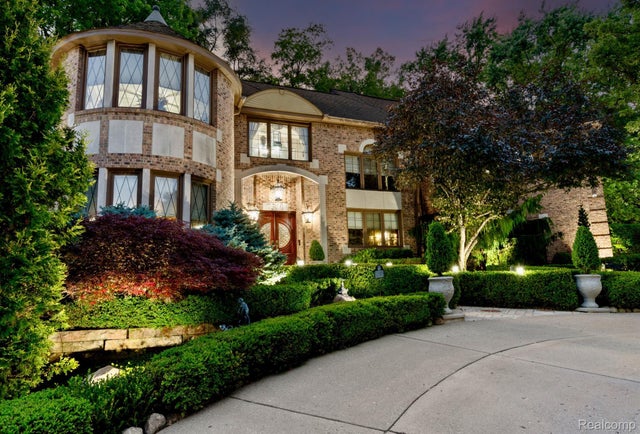
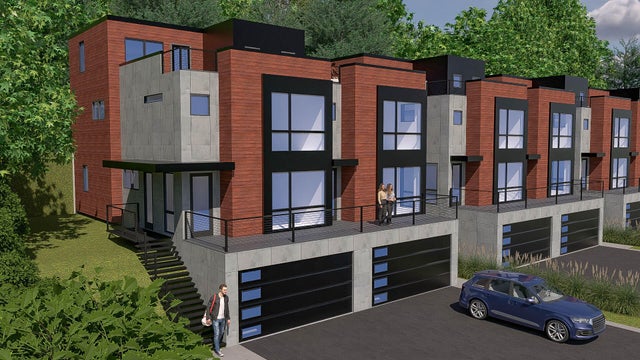
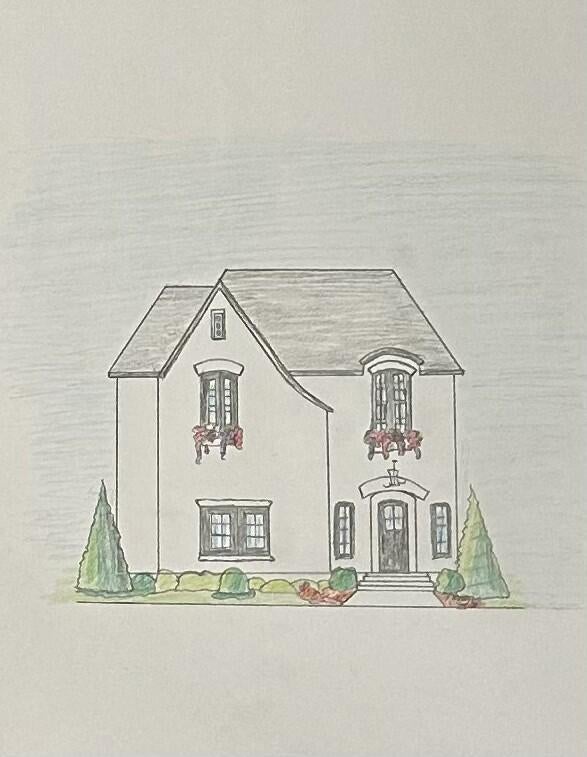
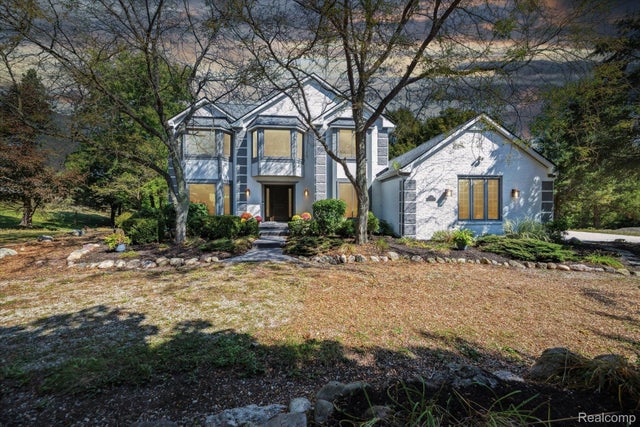
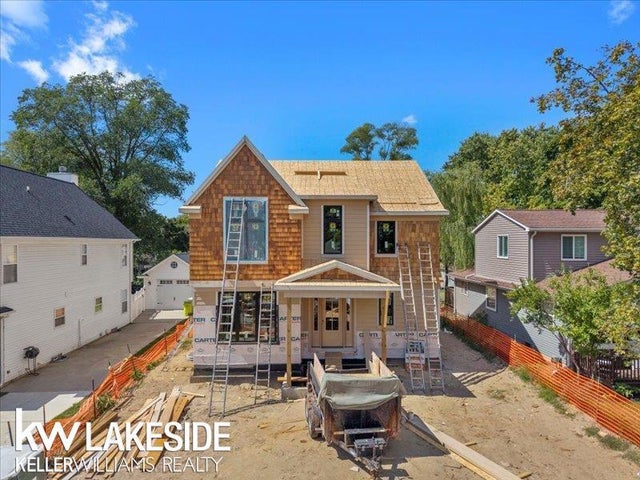
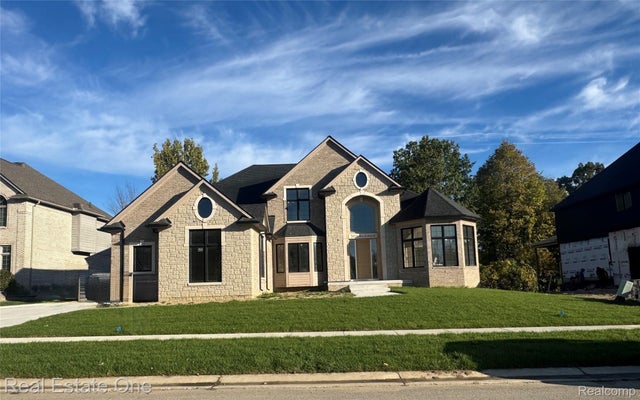
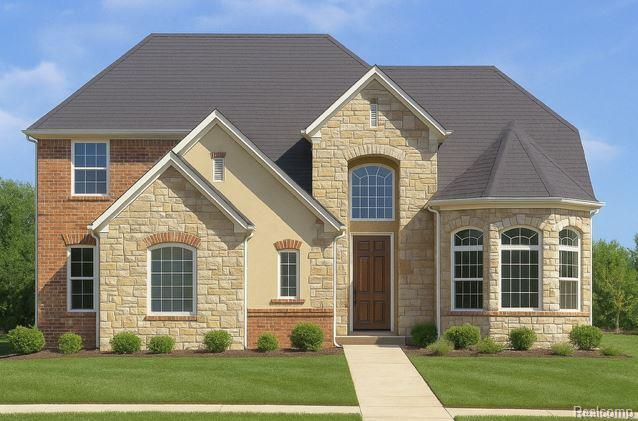
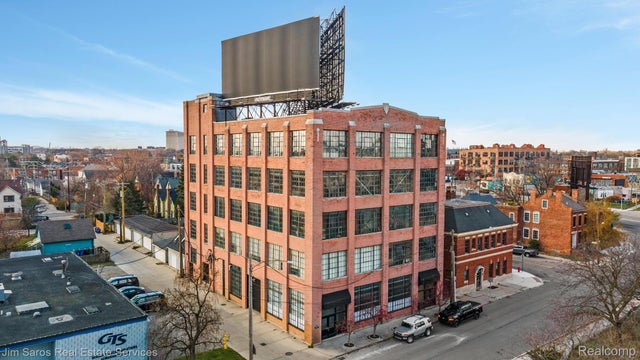
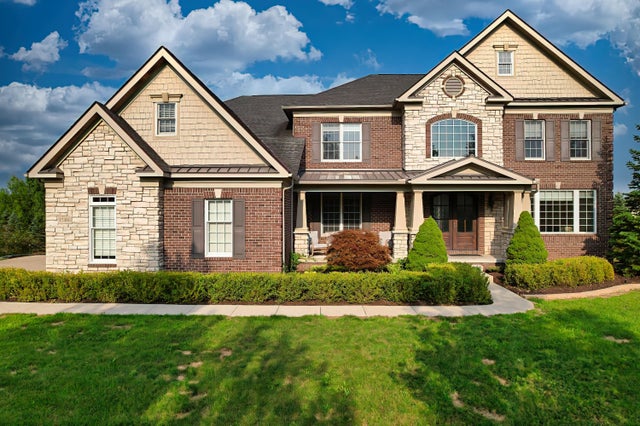
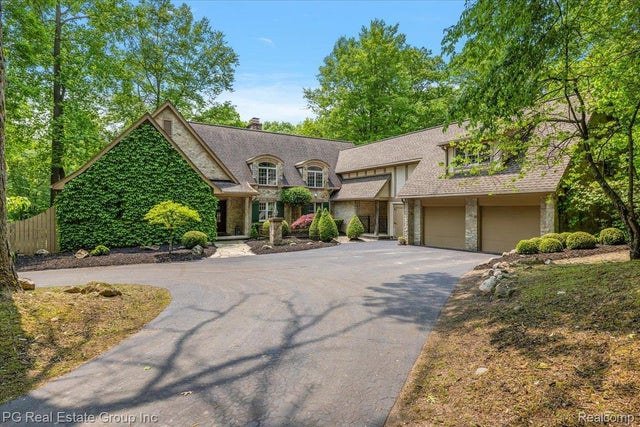
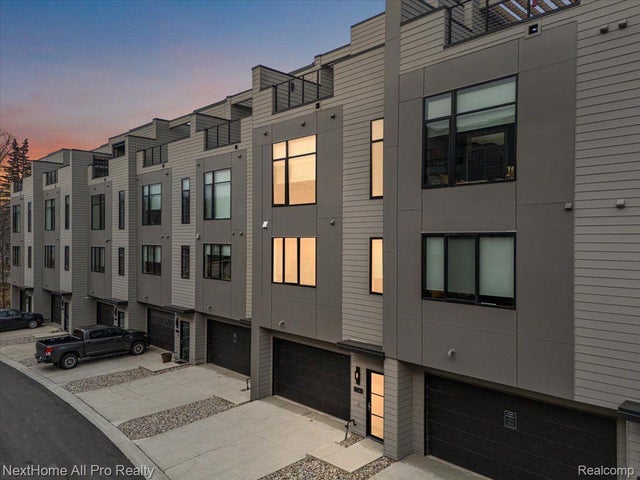
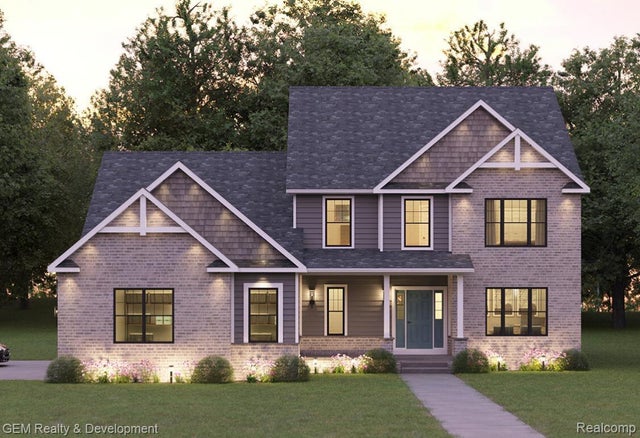
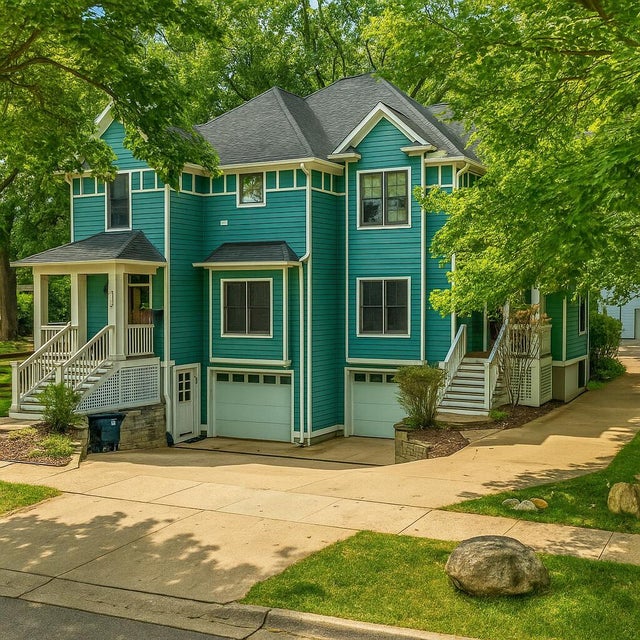
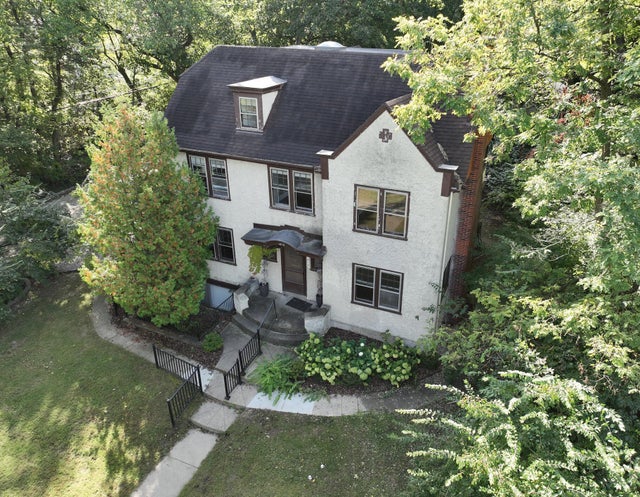
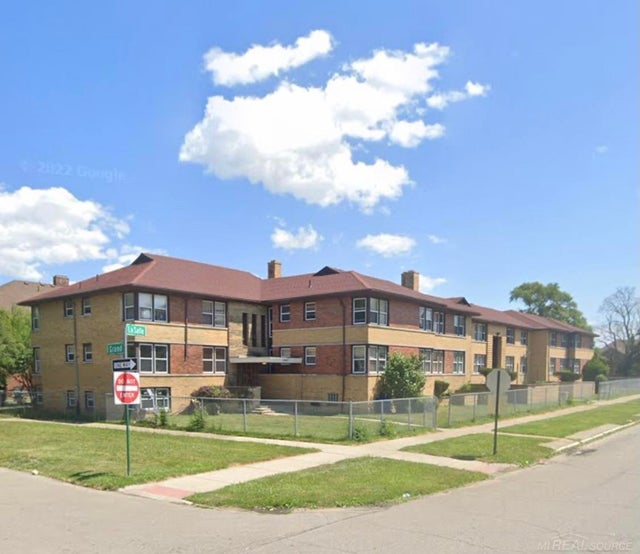
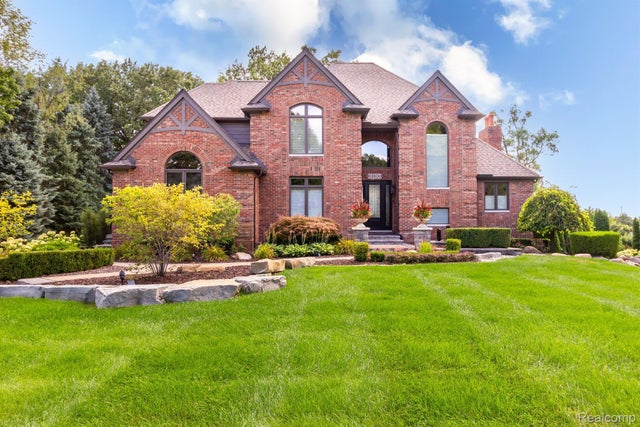
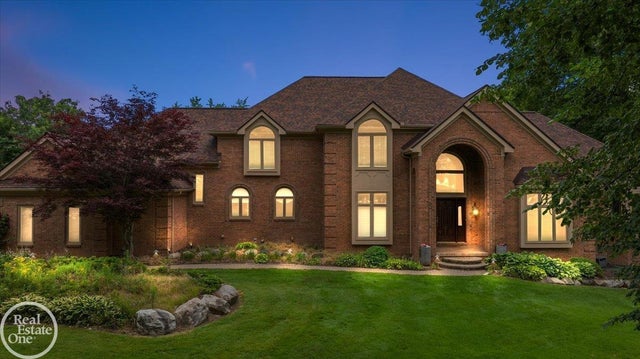
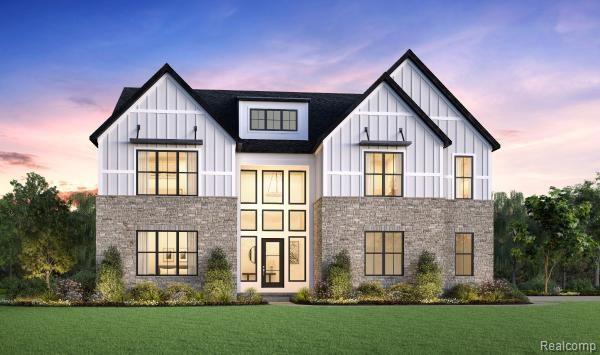

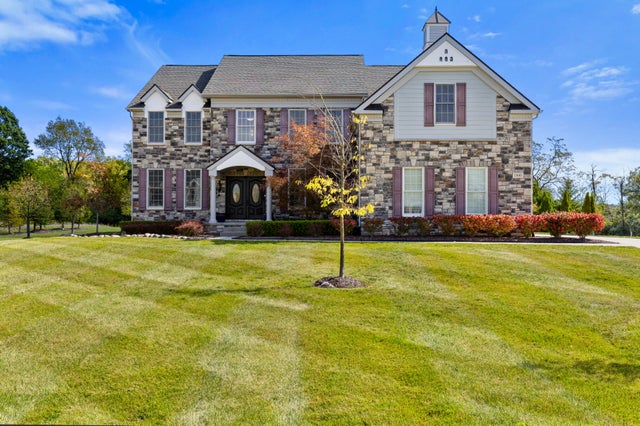
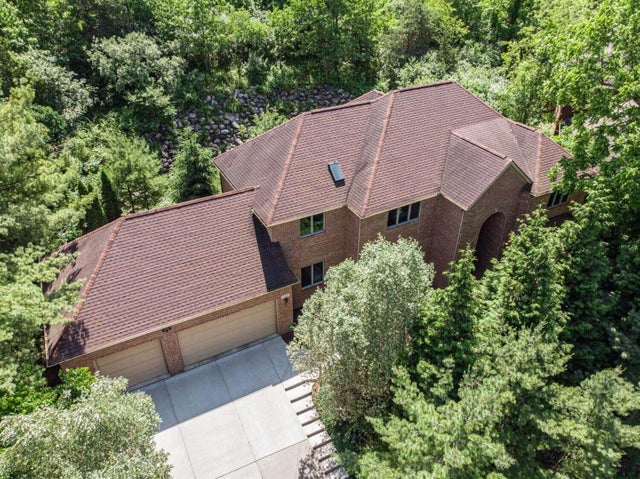
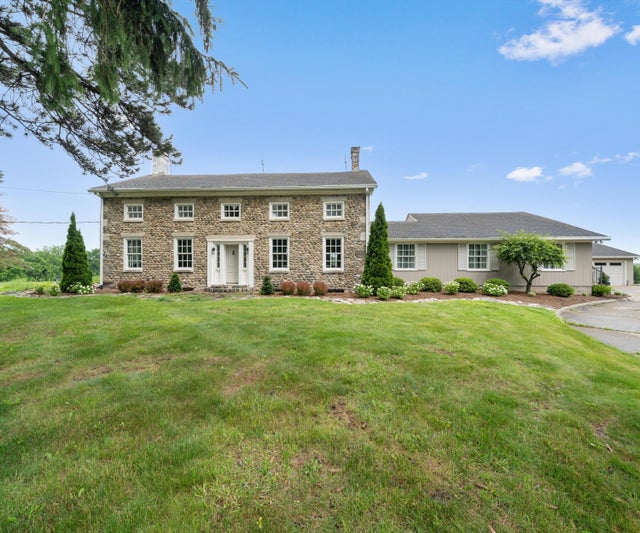
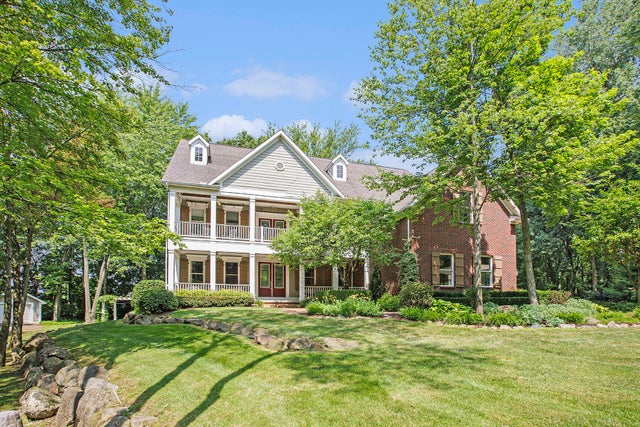
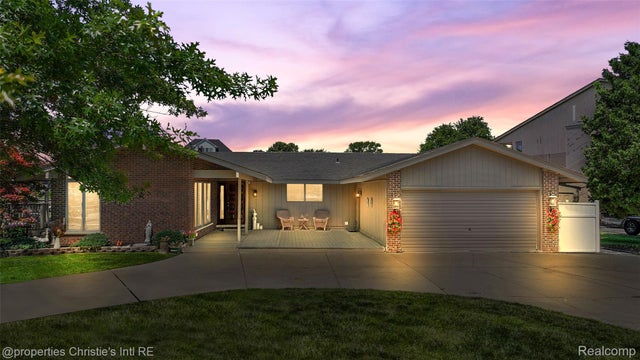
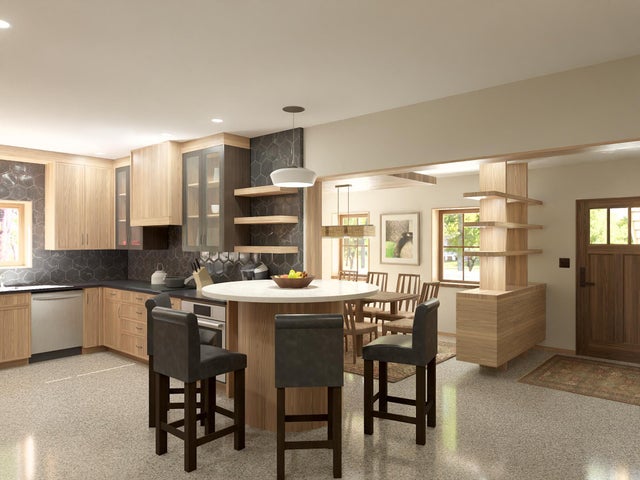
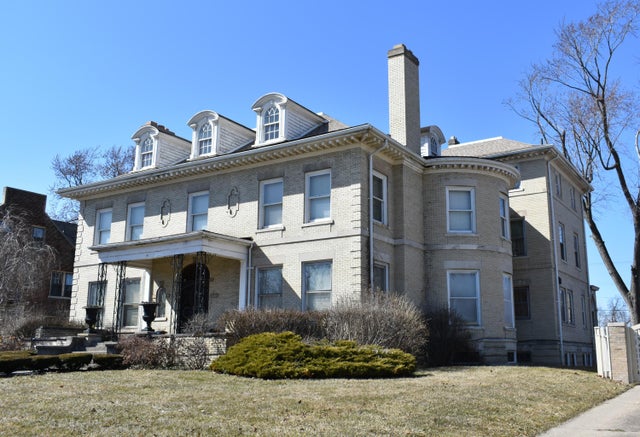
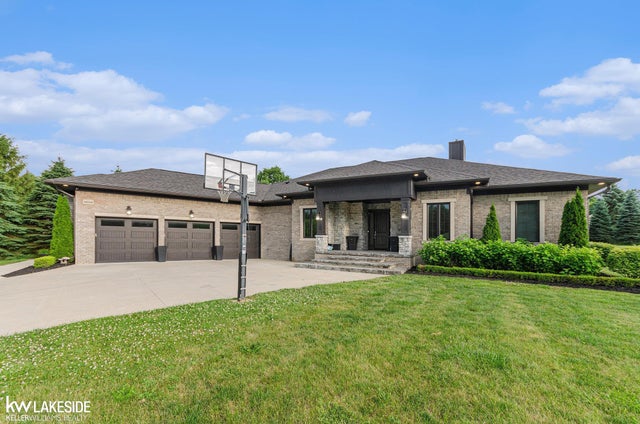
Leave A Comment